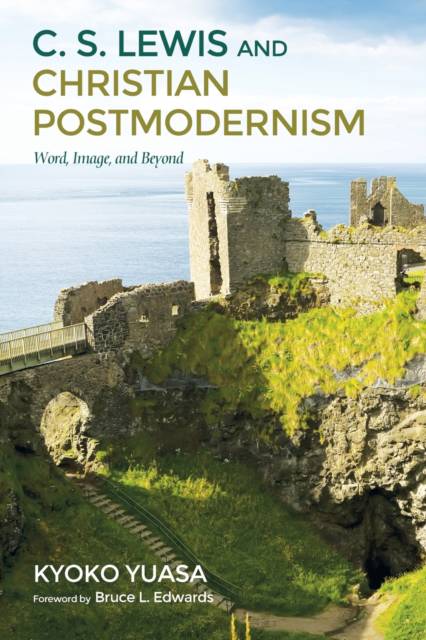
- Retrait gratuit dans votre magasin Club
- 7.000.000 titres dans notre catalogue
- Payer en toute sécurité
- Toujours un magasin près de chez vous
- Retrait gratuit dans votre magasin Club
- 7.000.0000 titres dans notre catalogue
- Payer en toute sécurité
- Toujours un magasin près de chez vous
40,95 €
+ 81 points
Format
Description
Employing a postmodernist literary approach, this book identifies C. S. Lewis both as an antimodernist and as a Christian postmodernist who tells the story of the gospel to twentieth- and twenty-first-century readers. Lewis is popularly known as an able Christian apologetic writer, talented in explaining Christian beliefs in simple, logical terms. But his fictional works feature expressions that erect ambiguous borders between nonfiction and fiction, an approach equivalent to those typical in postmodernist literature. Whereas postmodernist literature is full of many small micronarratives that deconstruct the Great Story, Lewis's fictional world is the reverse of this: in his world, multiple and small stories are chosen, but they also ultimately express the Story that transcends human understanding. Lewis's approach reflects both his opposition to modernist philosophy, which embraces solidified interpretation, and his criticism of modernized Christianity. Lewis's fictional works focus on the history of interpretation and, deconstructing interpretations of the previous age, seek a new model for interpretation. Both C. S. Lewis and postmodern writers force us to choose between alternative interpretations.
Spécifications
Parties prenantes
- Auteur(s) :
- Editeur:
Contenu
- Nombre de pages :
- 210
- Langue:
- Anglais
Caractéristiques
- EAN:
- 9781498219389
- Date de parution :
- 19-04-16
- Format:
- Livre broché
- Format numérique:
- Trade paperback (VS)
- Dimensions :
- 150 mm x 226 mm
- Poids :
- 294 g

Les avis
Nous publions uniquement les avis qui respectent les conditions requises. Consultez nos conditions pour les avis.






